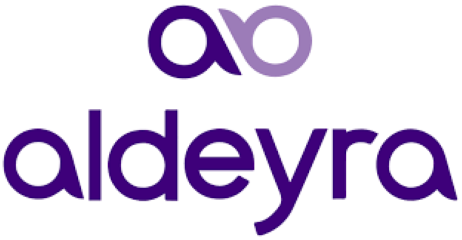ADX-248, which replaces ADX-743, is being developed for the treatment of metabolic inflammation, including obesity and hypertriglyceridemia

Aldeyra Therapeutics announced a strategic realignment of its development pipeline, advancing next-generation RASP modulators while discontinuing ADX-629 despite positive results in a Phase II clinical trial for alcohol-associated hepatitis.
The Phase II study of ADX-629 demonstrated significant improvements in key markers of hepatic function and inflammation, including the Model for End-Stage Liver Disease (MELD) score, triglyceride levels, and C-reactive protein levels. The company stated that these encouraging results complete the clinical proof-of-concept phase for ADX-629, supporting its broader RASP modulation platform.
“As we transition to our next generation of RASP modulators, ADX-248 and ADX-246, we remain focused on advancing innovative therapies for immune-mediated diseases,” said Dr. Todd Brady, President and CEO of Aldeyra Therapeutics. “The positive results announced mark the culmination of our work with ADX-629, and we look forward to sharing more details of this success as we move forward.”
ADX-248, which replaces ADX-743, is being developed for the treatment of metabolic inflammation, including obesity and hypertriglyceridemia. Supported by results from a Phase I study, Aldeyra anticipates filing an Investigational New Drug (IND) application with the U.S. Food and Drug Administration (FDA) in 2026.
Meanwhile, ADX-246, a next-generation ASP modulator that has replaced ADX-631, is advancing toward IND submission next year. Preclinical data from an animal model of dry age-related macular degeneration (dry AMD) supports its continued development.
These pipeline updates extend Aldeyra’s projected operational runway, with cash, cash equivalents, and marketable securities expected to fund operations into the second half of 2027.
“In addition to our late-stage, pre-commercial programs in dry eye disease, allergic conjunctivitis, primary vitreoretinal lymphoma, and retinitis pigmentosa, Aldeyra remains committed to building a robust and diversified pipeline in a fiscally responsible manner,” added Dr. Brady.
Following the announcement, Aldeyra’s stock initially fell 8 per cent from $5.13 to $4.70 but recovered to close at $5.14, maintaining a market capitalization of approximately $308.6 million.
Earlier this year, Aldeyra faced a setback when the FDA issued a Complete Response (CR) letter for its dry eye disease candidate, reproxalap, citing insufficient efficacy data. Despite this, the company has rebounded significantly, with its share price returning to pre-CR levels as it refocuses on its next wave of RASP-based therapeutics.

Subscribe To Our Newsletter & Stay Updated